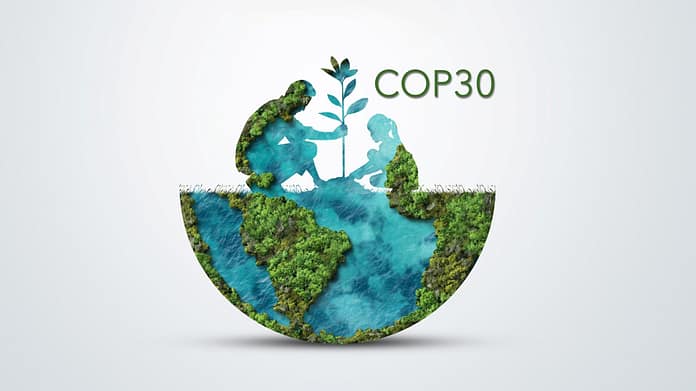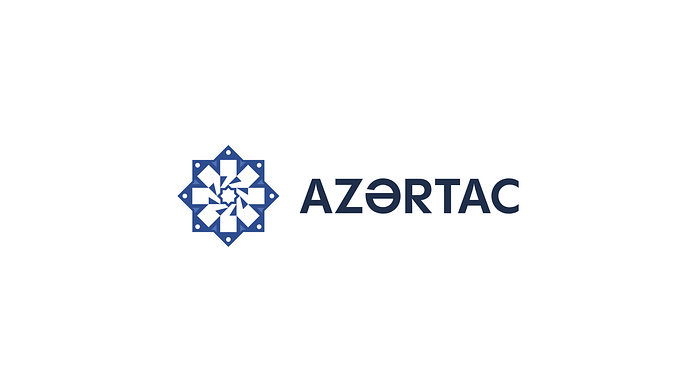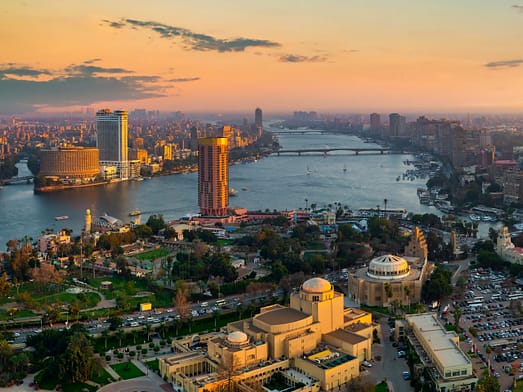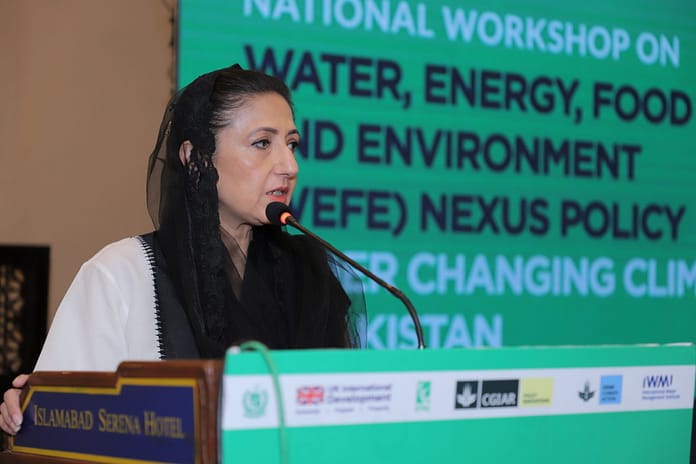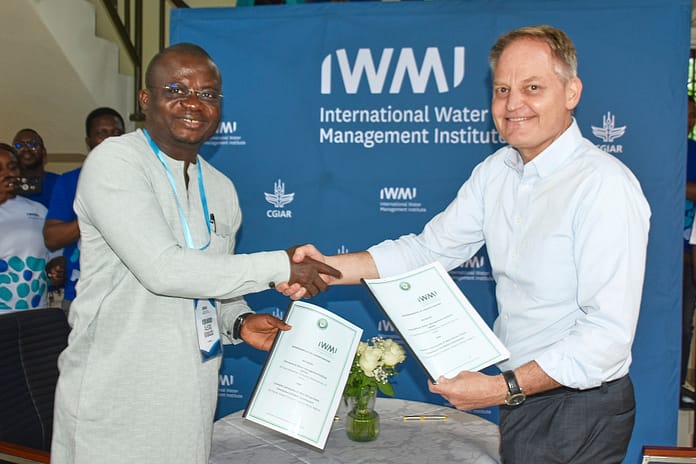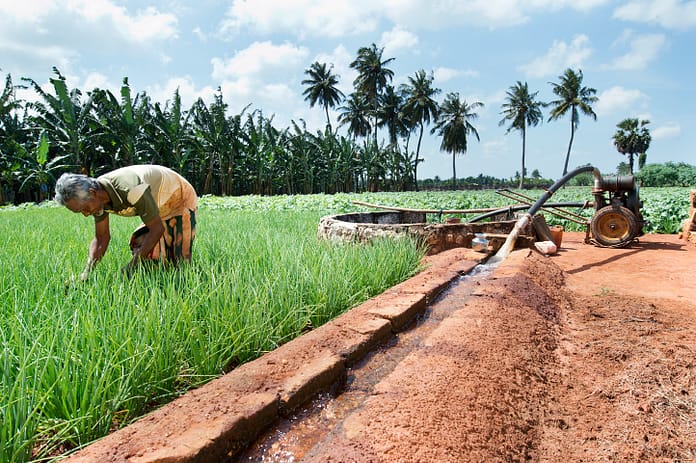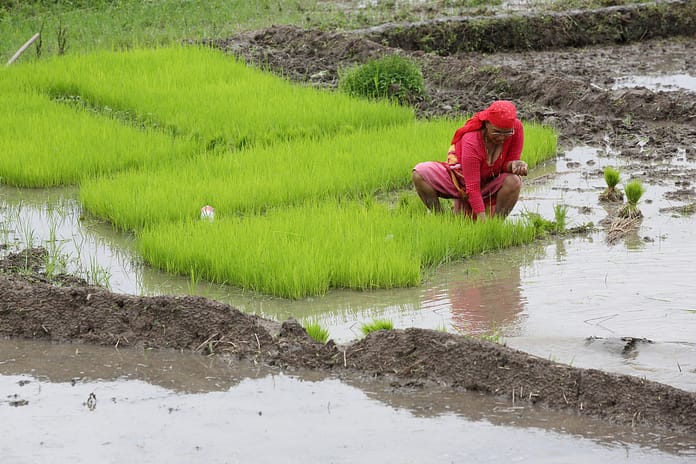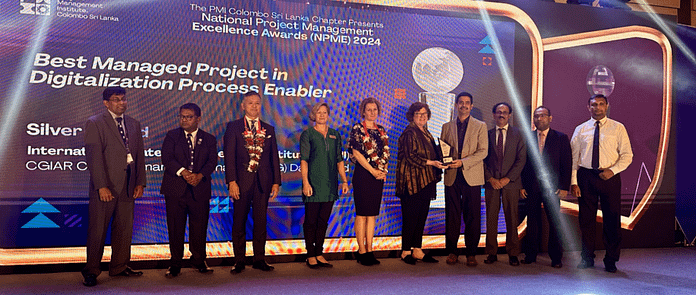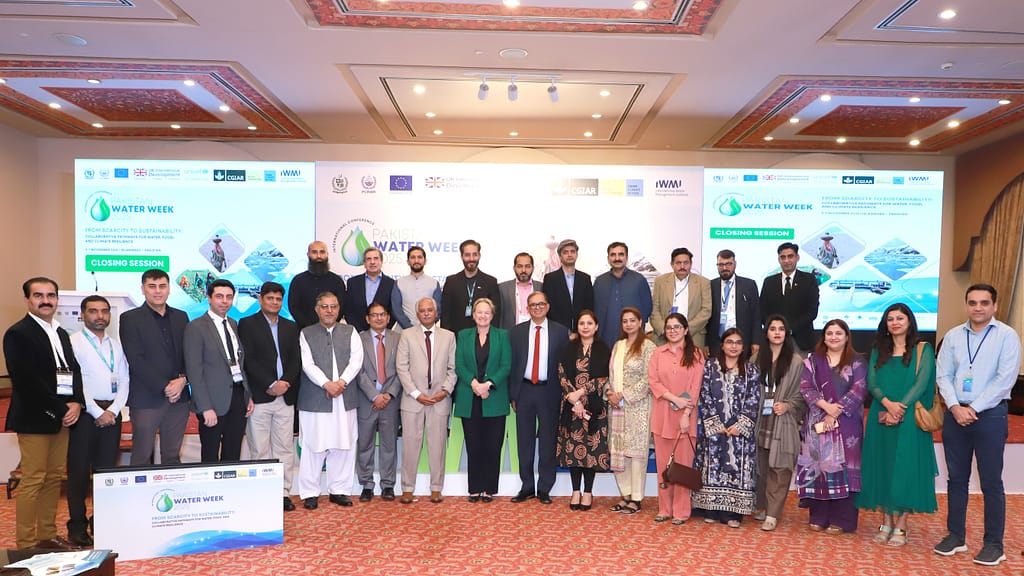
The 5th Pakistan Water Week 2025, held from November 3-7 in Islamabad, made one message clear: without urgent water reforms, the gap between water availability and national needs will continue to widen.
Pakistan faces a rapidly intensifying water crisis driven by climate change, declining river flows, groundwater overuse and inefficient irrigation practices. With demand rising faster than supply, many regions are already experiencing seasonal water shortages that threaten agriculture and food security.
“Water lies at the heart of Pakistan’s food security, energy stability and environmental health, yet remains among the most threatened resources due to the mounting impacts of climate change,” said Shezra Mansab Ali Khan Kharal, Minister of State to the Ministry of Climate Change and Environmental Coordination in Pakistan.
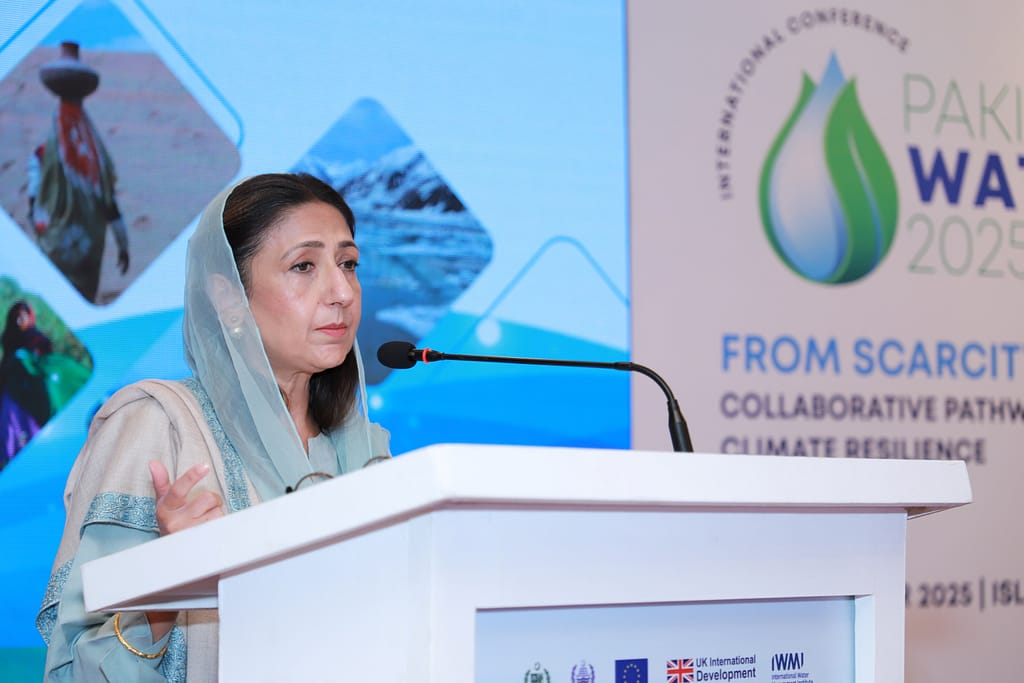
This year’s theme — From Scarcity to Sustainability: Collaborative Pathways for Water, Food and Climate Resilience — emphasized the importance of partnerships geared at addressing Pakistan’s growing water scarcity.
“We are moving from talking about problems to co-creating solutions,” said Rachael McDonnell, deputy director general of the International Water Management Institute (IWMI). “The key is linking world-class data and innovation with the invaluable knowledge of local communities.”
The conference brought together a coalition of voices, including policymakers, scientists, academia and farmers. It highlighted the urgency to manage the country’s water resources by providing pathways to address critical challenges across three thematic areas: anticipatory climate resilience, inclusive governance and technological innovation.
Water governance should involve marginalized groups in decision-making
Recurring floods and prolonged droughts in Pakistan have exposed weaknesses in early warning systems, water infrastructure and the capacity of vulnerable communities to recover from disasters. As climate risks intensify, anticipating and preparing for disasters is essential to saving lives, protecting food systems and safeguarding the economy.
In Balochistan, for instance, one of Pakistan’s most water-stressed regions, communities struggle with falling groundwater levels and recurring hydrological disasters. IWMI introduced community-based groundwater monitoring and digital water mapping tools, giving local authorities and farmers the data they need to manage water more sustainably. These tools also strengthen disaster response by improving drought preparedness and helping districts plan for flood risks in advance.
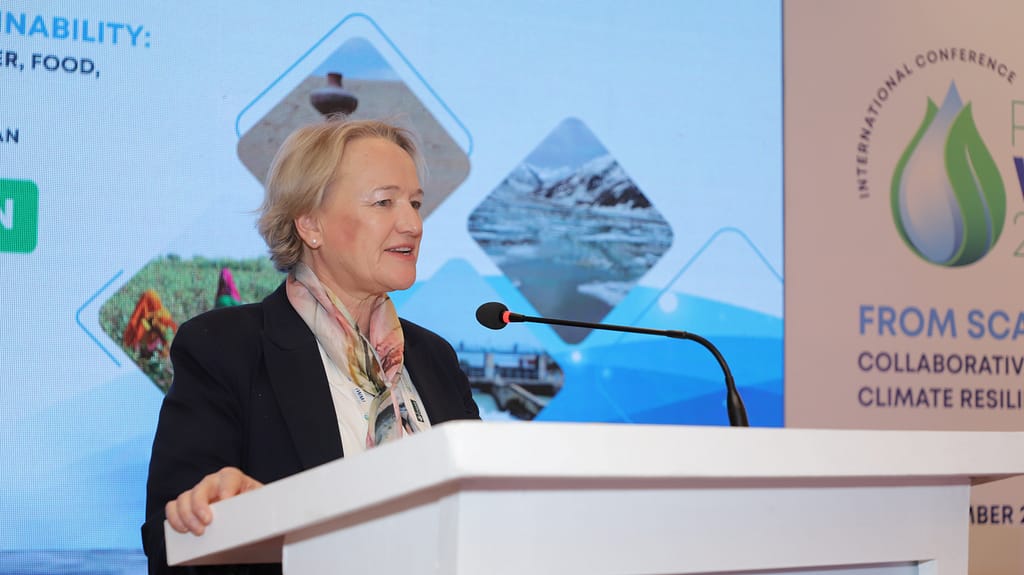
During Pakistan Water Week, the government committed to expanding community-led groundwater monitoring and integrating early-warning data into provincial disaster-management plans, an important step toward long-term resilience in regions like Balochistan.
Communities cannot build resilience if the people most vulnerable to water stress are excluded from shaping solutions. In Pakistan, women, youth and marginalized communities often carry the daily burden of managing water, whether collecting drinking water, irrigating small farms or coping with climate-related shortages. Yet they remain underrepresented in policymaking and planning spaces.
The demonstration of the Groundwater Management Information System (GMIS) at Pakistan Water Week highlighted how accessible, real-time groundwater data can empower both governments and communities. For example, by identifying falling water tables early, provinces can protect drinking water sources while farmers can better strategize crop planning and groundwater use.
Government stakeholders called for institutional mechanisms that guarantee the representation of women and youth in local water bodies, provide dedicated funding for women-led water initiatives and ensure community engagement in district-level water planning. A key recommendation of Pakistan Water Week was that a permanent Parliamentary Core Group on Water and Climate Resilience be formed to uphold these commitments. This body is expected to ensure that the voices of communities, particularly women, small farmers and climate-stressed households, remain central to national reforms and long-term decision-making.
Data-driven precision in water management
IWMI introduced the Indus PyWR Water Allocation Tool and the Hydro-Economic Modeling Tool at Pakistan Water Week. These tools are digital compasses that give policymakers a clearer picture of trade-offs across sectors, helping them optimise water use for agriculture, cities and the environment. These digital tools help farmers plan irrigation more precisely by saving water, energy and money. Urban planners can also use predictive modelling to understand river behaviour and reduce flood risk.
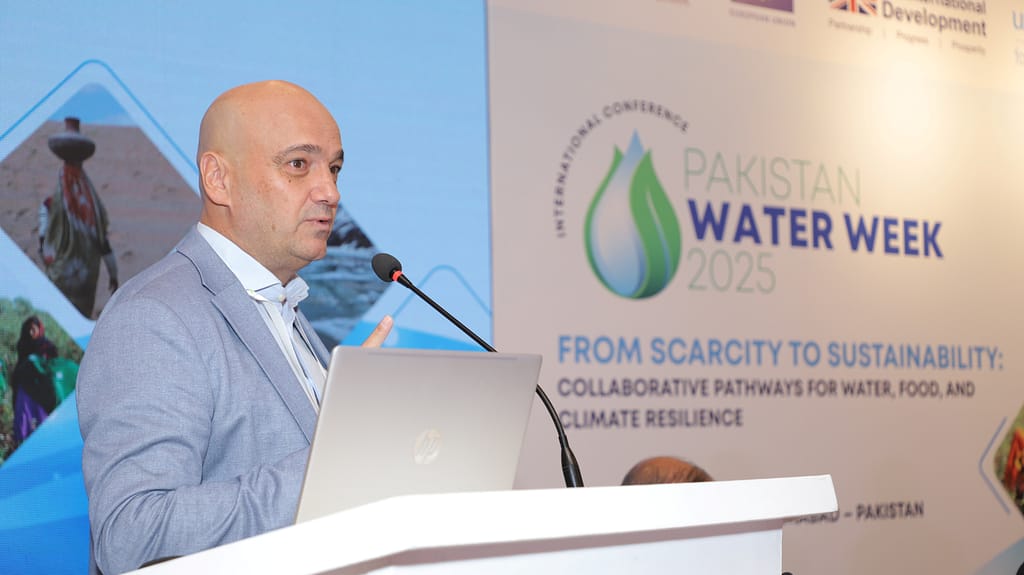
“Tools like our hydro-economic models are powerful, but their true value is realized when they empower a provincial official to make a more confident investment or a farmer to plant a more resilient crop,” highlighted Johan Gély, IWMI’s Asia director for research impact. “This week was about placing these tools directly into the hands of those who shape Pakistan’s water future.”
Pakistan Water Week began in 2021 as a national platform to bring government, experts and communities together to address Pakistan’s water challenges. Today, it builds on this commitment, continuing to unite partners around solutions that support people, food security and resilient futures.
Pakistan Water Week 2025 was organized by the International Water Management Institute and the Pakistan Council of Research in Water Resources.


